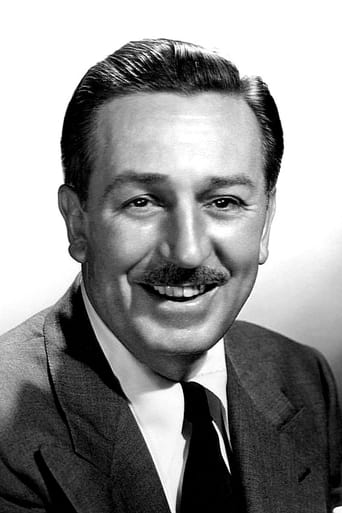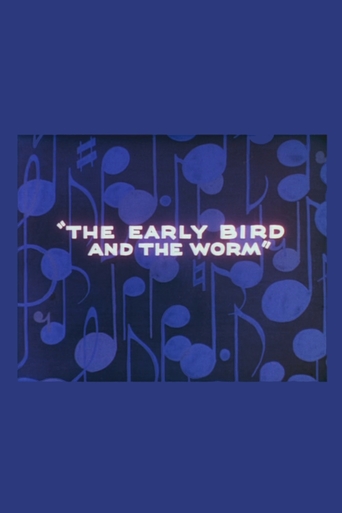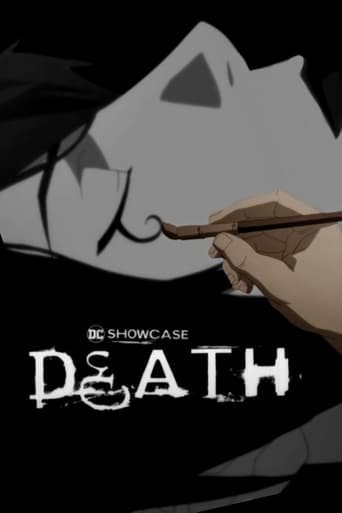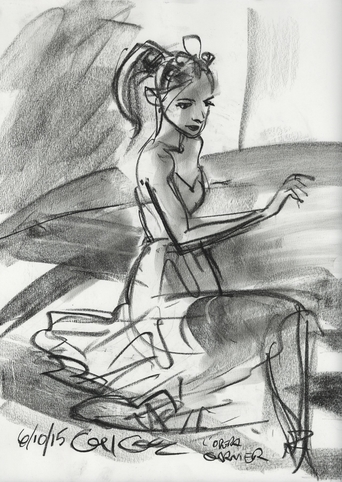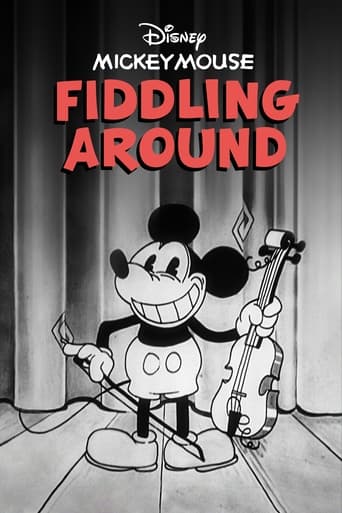
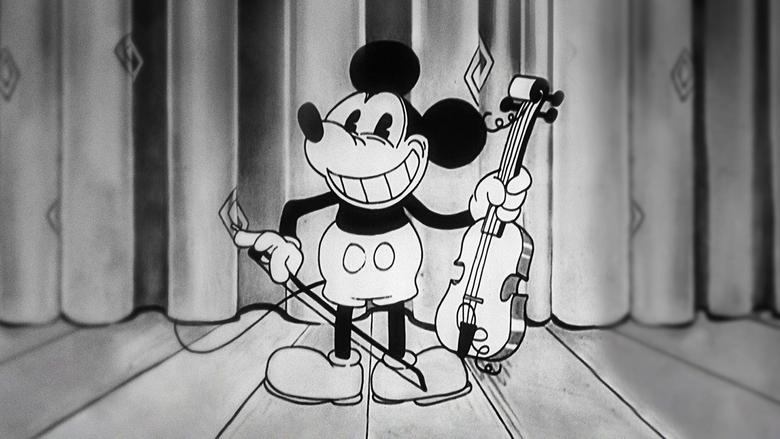
Fiddling Around (1930)
Mickey comes onstage to the applause of an unseen audience and plays various classical tunes on the violin, after some minor mishaps. During a sad song, he is overcome with emotion and has to stop.
Watch Trailer
Cast
Similar titles
Reviews
the audience applauded
Surprisingly incoherent and boring
I wanted to like it more than I actually did... But much of the humor totally escaped me and I walked out only mildly impressed.
While it doesn't offer any answers, it both thrills and makes you think.
As I grew up, my lone exposure to classical music came from the animation world. That, and "The Lone Ranger." The producers of various cartoons would frequently have actual concerts with animals or other characters actually conducting an orchestra of like characters. In many cases, it was simply used as background music. In this one, Mickey Mouse, who frequently showed his musical prowess, comes out on stage with a violin. Of course, he's not totally in control of his instrument. Nevertheless, other than the music, the episode is a bit lacking in plot development.
I have to say as a Disney, Mickey and classical music enthusiast, I thoroughly enjoyed Fiddlin' Around(or Just Mickey). The story is very thin and it is disconcerting to see him have long hair in some scenes and then no hair in others. The animation seemed uneven to me too, the personality animation is actually superb but the backgrounds for me were rather sparse and Mickey at the start was somewhat awkward-looking. But there are many things that make it interesting. The beginning with a curtain opening to reveal another and so forth is a neat gag. There are some other nice gags, like the string breaking when Mickey is tuning up and his reaction to his heckler. The music is simply delightful, Morning, Noon, and Night in Vienna by Suppe is a perfect piece to introduce Mickey to the unseen audience, and the Hungarian Dance by Brahms and William Tell by Rossini are really rousing, the latter is probably where Mickey is at his funniest as he grovels with his long hair, loses his balance and is pretty much crawling on the floor. Sandwiched in the middle is the more thoughtful and poignant Schumann Traumerai, how Mickey reacts to it in his facial expressions makes the scene work and the music is just beautiful, though in all honesty I would have preferred for the playing itself to have had more legato. Mickey is exceptional in what is essentially a one-man's show, and his facial expressions from passion, devout sadness and anger are priceless and beautifully expressed, it really is some outstanding personality animation. The changes in perspective are also interesting, right from wide shots, close-ups and side-shots from left/right-centre. All in all, an interesting and worthwhile cartoon, just not one of Mickey's very finest or among my favourites. 7/10 Bethany Cox
Wow, this is the most plot less of any of the cartoons I've seen in the Disney Treasures DVD "Mickey in Black & White, volume 2". The entire film consists of Mickey standing on stage playing the violin! That's it! As a result, it's hard to like this one--even if it is one of the few early Mickey cartoons where you also get to hear him speak. In this case, while the cartoon is only about 7 minutes long, it seems three times longer due to the total lack of anything interesting--unless your idea of thrills is seeing Mickey wildly playing the violin. Decent animation cannot make up for the fact that this one is a big letdown. Dull and unappealing--and this from a man who loves Mickey!
A Walt Disney MICKEY MOUSE Cartoon.It's JUST MICKEY alone on stage as he gives a solo violin recital.The Mouse has this little black & white film all to himself - no other characters appear on camera. The plot consists entirely of Mickey performing his longhair music and responding to the unseen audience and it is very funny. The three selections are the Hungarian Rhapsody No. 2 by Liszt, Schumann's Träumerei and the Finale to Rossini's William Tell Overture.Walt Disney (1901-1966) was always intrigued by drawings. As a lad in Marceline, Missouri, he sketched farm animals on scraps of paper; later, as an ambulance driver in France during the First World War, he drew figures on the sides of his vehicle. Back in Kansas City, along with artist Ub Iwerks, Walt developed a primitive animation studio that provided animated commercials and tiny cartoons for the local movie theaters. Always the innovator, his ALICE IN CARTOONLAND series broke ground in placing a live figure in a cartoon universe. Business reversals sent Disney & Iwerks to Hollywood in 1923, where Walt's older brother Roy became his lifelong business manager & counselor. When a mildly successful series with Oswald The Lucky Rabbit was snatched away by the distributor, the character of Mickey Mouse sprung into Walt's imagination, ensuring Disney's immortality. The happy arrival of sound technology made Mickey's screen debut, STEAMBOAT WILLIE (1928), a tremendous audience success with its use of synchronized music. The SILLY SYMPHONIES soon appeared, and Walt's growing crew of marvelously talented animators were quickly conquering new territory with full color, illusions of depth and radical advancements in personality development, an arena in which Walt's genius was unbeatable. Mickey's feisty, naughty behavior had captured millions of fans, but he was soon to be joined by other animated companions: temperamental Donald Duck, intellectually-challenged Goofy and energetic Pluto. All this was in preparation for Walt's grandest dream - feature length animated films. Against a blizzard of doomsayers, Walt persevered and over the next decades delighted children of all ages with the adventures of Snow White, Pinocchio, Dumbo, Bambi & Peter Pan. Walt never forgot that his fortunes were all started by a mouse, or that simplicity of message and lots of hard work always pay off.
